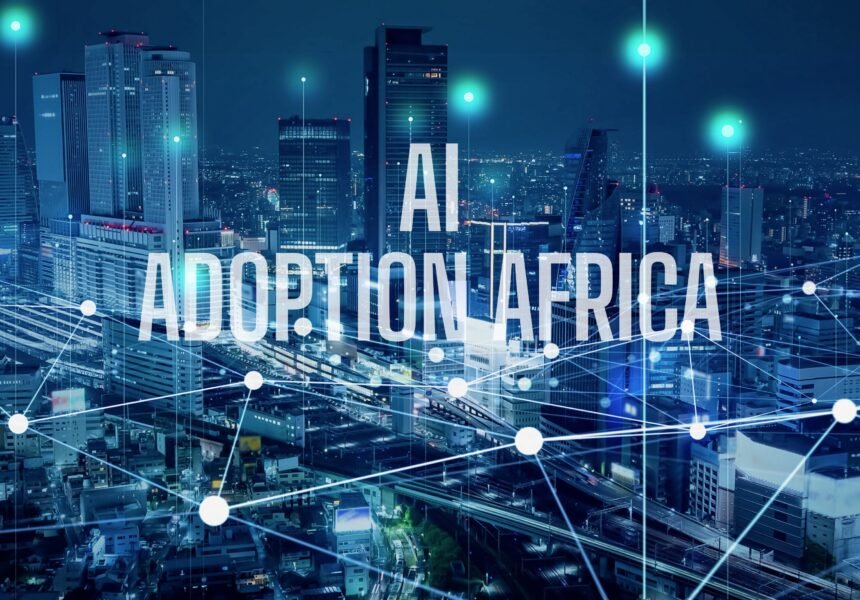Artificial Intelligence (AI) is no longer a futuristic concept; it is a transformative force reshaping industries, economies, and societies globally. For African countries, the adoption of AI is not merely an opportunity, it is a necessity to drive sustainable development, enhance competitiveness, and address pressing challenges. However, the window to harness AI’s potential is narrowing, and the cost of inaction could be severe.
Africa stands at a pivotal juncture. With a young, rapidly growing population and increasing digital connectivity, the continent is uniquely positioned to leverage AI for economic growth and social progress. AI can revolutionise sectors such as agriculture, healthcare, education, and finance, enabling African nations to leapfrog traditional development barriers. For instance, AI-powered precision farming can boost agricultural productivity, while predictive healthcare systems can improve access to quality medical services. Moreover, AI-driven education platforms can bridge the skills gap, equipping the youth with the tools needed for the jobs of tomorrow.
The urgency to adopt AI stems from the global race towards technological advancement. Countries that delay risk being left behind, exacerbating existing inequalities. Without AI integration, African economies may struggle to compete in an increasingly digital global marketplace, leading to reduced foreign investment and limited access to cutting-edge technologies. Furthermore, failing to embrace AI could hinder efforts to address critical issues such as climate change, food security, and public health, as traditional methods alone are insufficient to tackle these complex challenges.
The disadvantages of inaction are stark. A lack of AI adoption could result in missed opportunities for job creation, as AI-driven industries become the backbone of modern economies. It could also perpetuate dependency on outdated systems, stifling innovation and entrepreneurship. Additionally, without AI, African nations may find it harder to achieve the United Nations Sustainable Development Goals (SDGs), as AI offers scalable solutions to many of the targets outlined in the agenda.
Now is the time for African governments, businesses, and stakeholders to prioritise AI adoption. This requires investment in infrastructure, education, and policy frameworks that foster innovation while addressing ethical concerns. Collaboration between public and private sectors, as well as international partnerships, will be crucial to building a robust AI ecosystem.
AI adoption is not a luxury but a strategic imperative for African countries. The continent has the potential to become a global leader in AI innovation, but this demands immediate action. Delaying AI integration risks relegating Africa to the sidelines of the Fourth Industrial Revolution, with far-reaching consequences for its people and economies.










